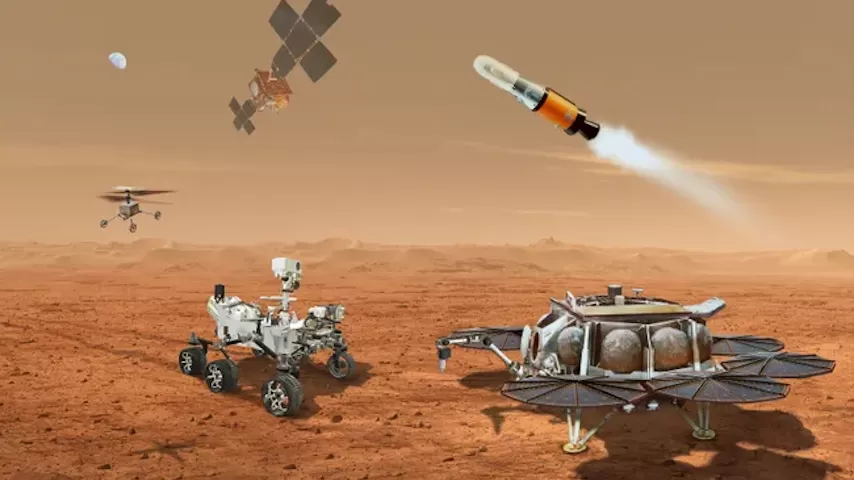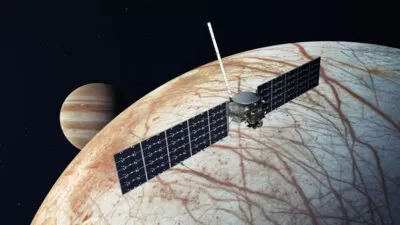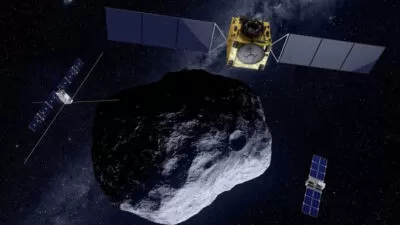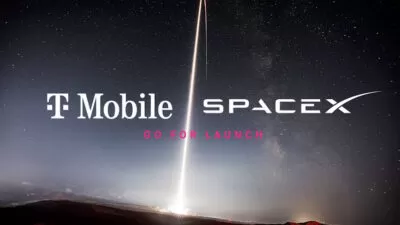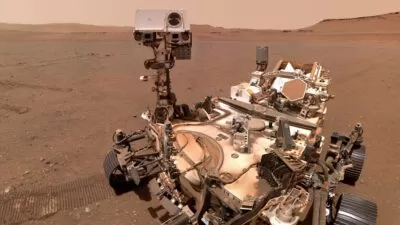NASA’s ambitious project to return samples from the Red Planet, which has faced significant challenges, has received an unexpected boost. Private space company Rocket Lab has proposed a solution that could significantly speed up and reduce the costs of the mission. Launched in 2021, the Perseverance rover has been successfully collecting Martian rock samples, but delivering them back to Earth has proven to be a true challenge. The original plan involved a complex system of multiple spacecraft, including a lander, helicopters, and a rocket to lift the cargo into Martian orbit. However, the high costs and technical complexities of this scheme forced NASA to reassess its plans.
The company, which has already established a reputation in the space industry, has offered a simpler and more efficient mission architecture. Its experience in interplanetary flight and the development of small yet powerful spacecraft makes Rocket Lab a promising candidate for solving this task.
Returning Martian samples to Earth represents a significant leap forward in our understanding of the Solar System. Analyzing these samples will provide scientists with invaluable information about Mars’ past, its geology, and possibly even the existence of life on the Red Planet.
NASA will carefully evaluate the proposal from Rocket Lab and other companies participating in the competition. The final plan will depend on numerous factors, including cost, technical feasibility, and mission timelines.
The future of Martian science hinges on how quickly and successfully the sample return challenge is addressed. Rocket Lab’s proposal offers hope that Martian treasures will be in the hands of scientists much sooner than expected.
As previously reported, there is a possibility that Chinese researchers could outpace the American Perseverance mission in delivering the first samples from Mars. The difficulties in implementing the original plan and the extended expedition timeline may result in the scientific community receiving valuable data about the Red Planet significantly earlier than anticipated, specifically from the Chinese. This, in essence, is even better because, for science, national flags on spacecraft are not as important as the actual technological breakthroughs and the opportunity to analyze Martian soil.
Furthermore, the successful completion of a mission by another country could lead to a new level of international cooperation in space research. As I argued in the article about India’s space endeavors, ultimately, the pursuit of research and discovery should take precedence over national interests, as advancements in science and technology serve the benefit of all humanity.


